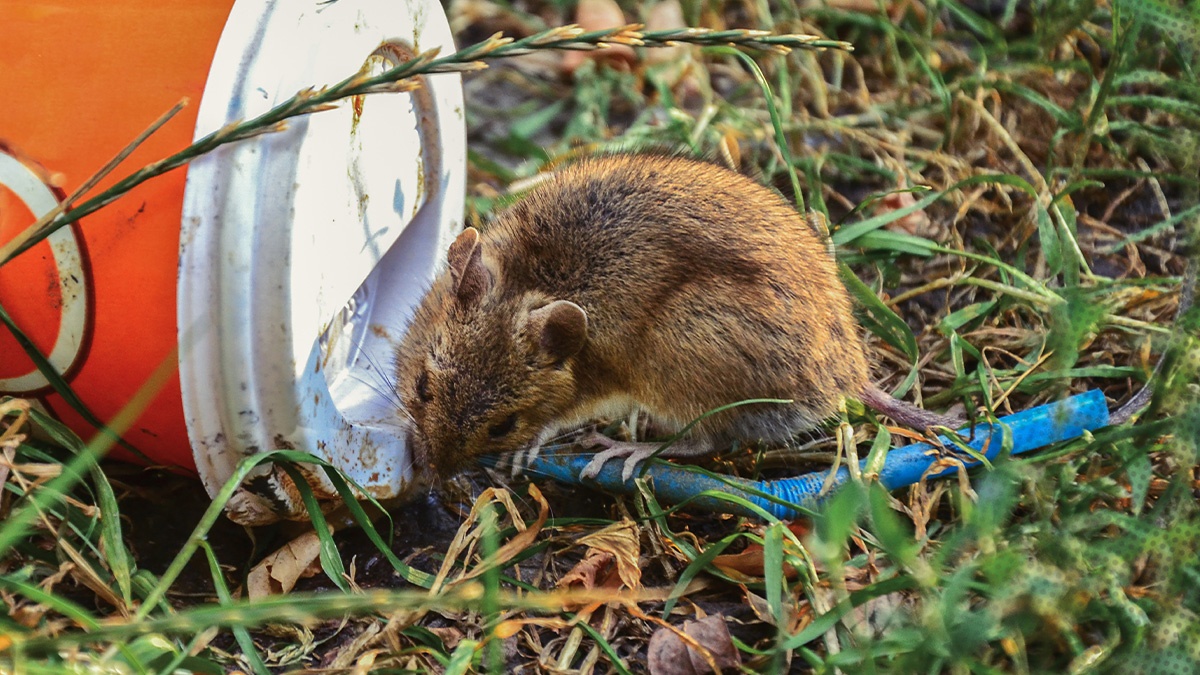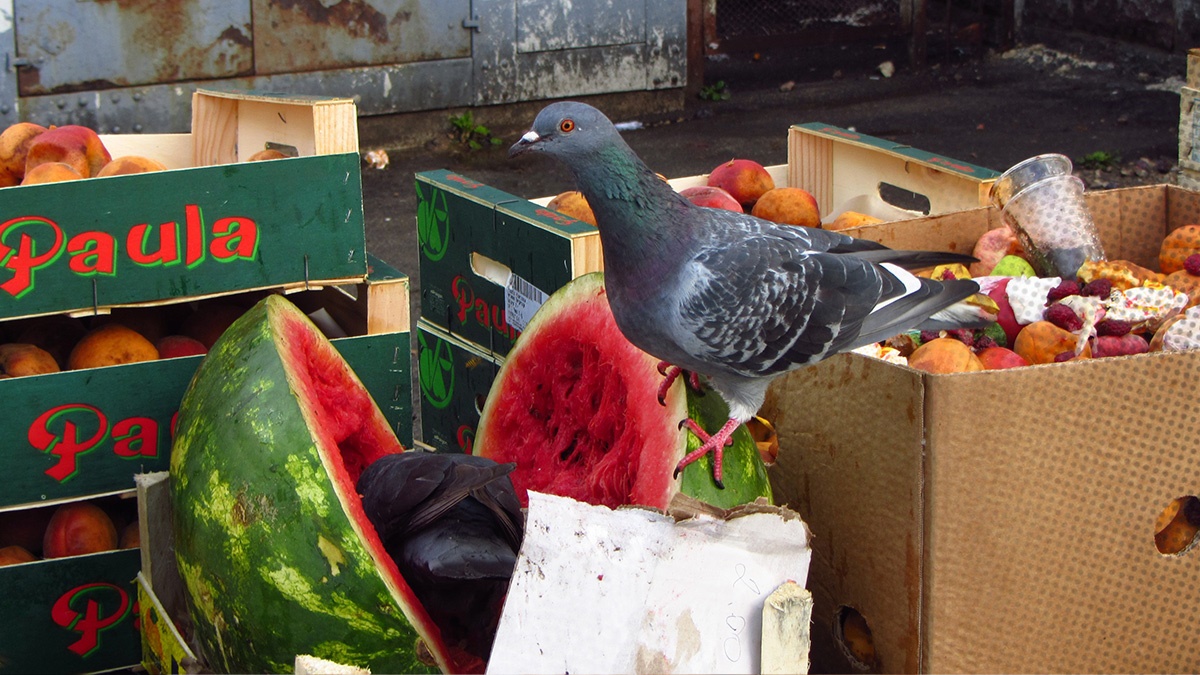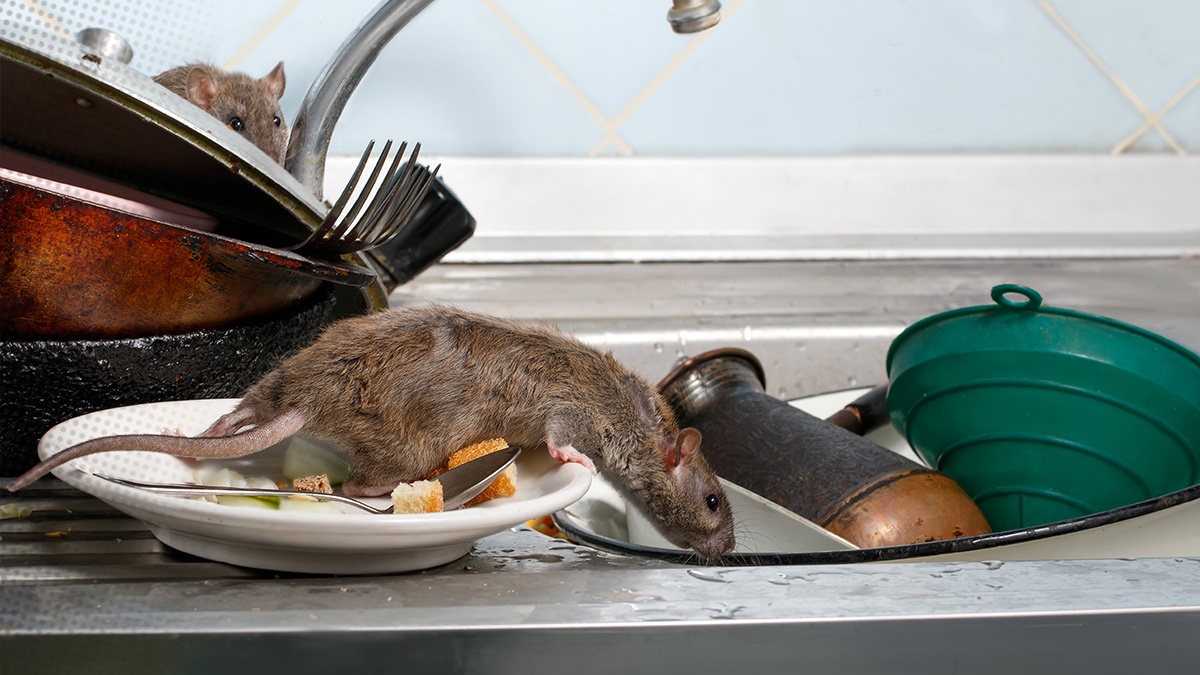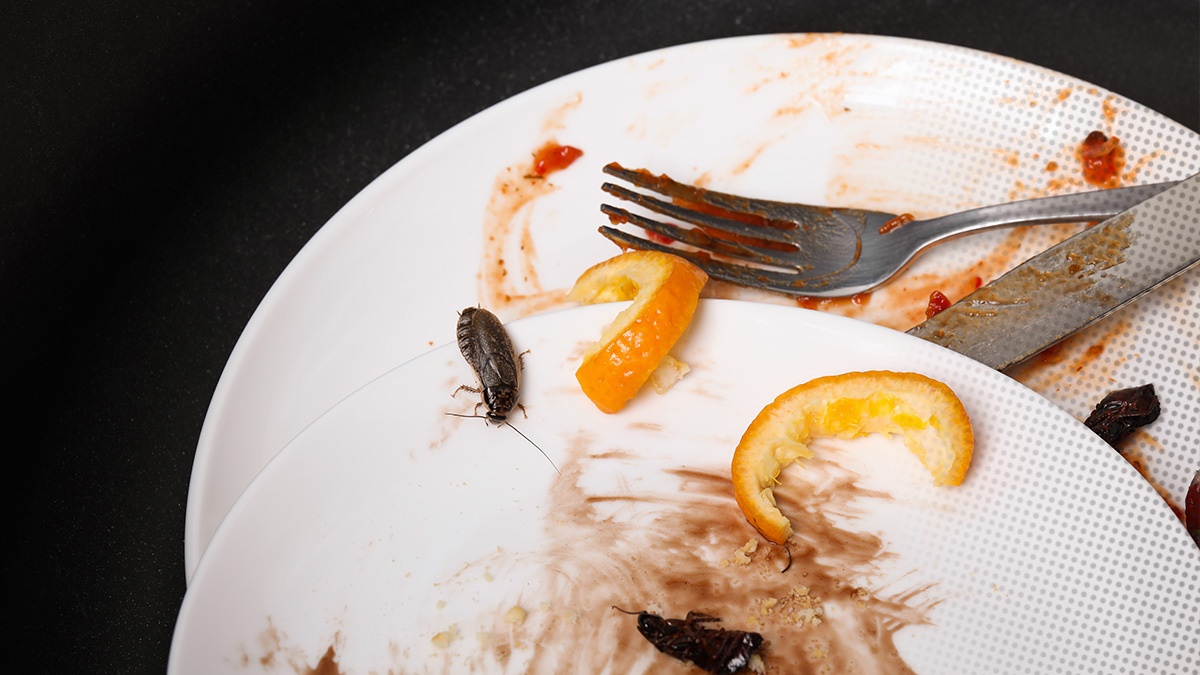POLICY
Pest problems. We’ll all have them at some point in our lives, but we rarely talk about them.
We all need to be concerned and act when pest infestations strike.
Why? Because pests carry diseases that make you ill.
Rodents in the UK spread diseases like leptospirosis (Weil’s disease), Salmonella spp., Listeria, Toxoplasma gondii and Hantavirus. Pathogens can spread to humans through rats’ urine or direct contact with food preparation areas. Rats and mice must gnaw to keep their teeth in shape – gnawed pipes and wire can cause floods and electrical fires. Rodent treatments equate to 38% of all pest control services in the UK1.

UK birds can carry Chlamydia psittaci (Ornithosis), Cryptococcus neoformans, Histoplasma capsulatum, Salmonella spp., Escherichia coli, Campylobacter jejuni and Vibrio cholerae. Research suggests that up to 49% of feral pigeons could be infected with Chlamydia psittaci.

Cockroaches, flies, fleas and other insect pests can spread pathogens, infect your food, and damage your belongings. Flies feed by vomiting saliva onto the food surface and sucking up the resulting liquid. In the course of doing so, the fly contaminates the food with bacteria from its gut and its feet. Flies may transmit food poisoning, dysentery, typhoid or cholera.
From farm to fork
The regulatory framework (principally the Food Safety Act 1990 and the Food Hygiene Regulations 2005) deems food unsafe if it is injurious to health or unfit for human consumption.

It would be difficult to find any segment of the food industry that could comply with food safety regulations without an adequate pest management programme. Pests contaminate food, as well as production equipment and other surfaces. Pests also infest food items and stored products, including grains and dry goods.
It’s estimated that 20% of all food worldwide is wasted because it’s contaminated or eaten by rats and mice2. That figure is probably closer to 30-40% if you account for insect-based pests too3.
Safe and healthy citizens

Innovations in pest management correlate to an increase in life expectancy. In 1900, life expectancy was just 48 years and in 2022, it rose to 83 years.
Public health officials attribute the quality of life we have today to three things:
- Better pharmaceuticals and vaccines
- Better sanitation
- Better pest management4.
Society is healthier, safer and happier when we prioritise pest management.
The state of play
The professional pest controller’s ability to manage pests is becoming increasingly challenging:
- Insects and rodents are becoming biologically resistant to biocides
- Rodents are increasingly becoming behaviourally resistant to traps and bait boxes
- Animal welfare that focuses on incorrect use of tools is taking precedence over public health
- Fewer biocidal products are available post-Brexit
- Recent legislation is limiting our access to physical controls like glue boards and snares
- Climate change means non-native species like Asian hornets and Asian tiger mosquitoes are becoming established in the UK.
As challenges mount up:
- People will be forced to live alongside pests
- More people will get ill and potentially die from avoidable diseases
- Businesses will suffer from increased costs and closures
- More food will be wasted, inflating food prices and stressing supply resources.

We appreciate that many don’t like talking about pest management. Nobody wants to think of animals being trapped or culled. However, we’ve been quiet about pest management for too long.
The animal welfare lobby would have you believe we can learn to coexist with rats, mice, cockroaches, fleas, flies, bed bugs and more. But the truth is that when these pests live alongside us in our homes and our work, we will get sicker. We will catch the diseases that they spread. They will cause fires and floods, destroy our food, and leave us in distress.
No one wants another living creature to suffer or die. Professionals in pest management take every precaution to avoid causing unnecessary harm. However, we must protect the public health of our citizens.
Politicians need to be ready to advocate for public health management and the protection of health and safety. Together we can stamp out the disease, destruction and distress that pests cause.
Jordan McCay
Policy Officer
British Pest Control Association
- BPCA (April 2024) ‘Find a pest controller tools data’
- National Pest Management Association (NPMA) ‘Professional pest control stands ready to reduce the health and property risks from pests’ (accessed 16 April 2024) pestworld.org/covid-19/
- The Food and Agriculture Organisation of the United Nations (FAO) ‘International Year of Plant Health 2020’ (accessed 16 April 2024) fao.org/plant-health-2020/about/en/
- NPMA ‘Pest Management Industry Fact Sheet’ (accessed 17 April 2024) multibriefs.com/briefs/npma/IndustryFactSheet.pdf

Source: